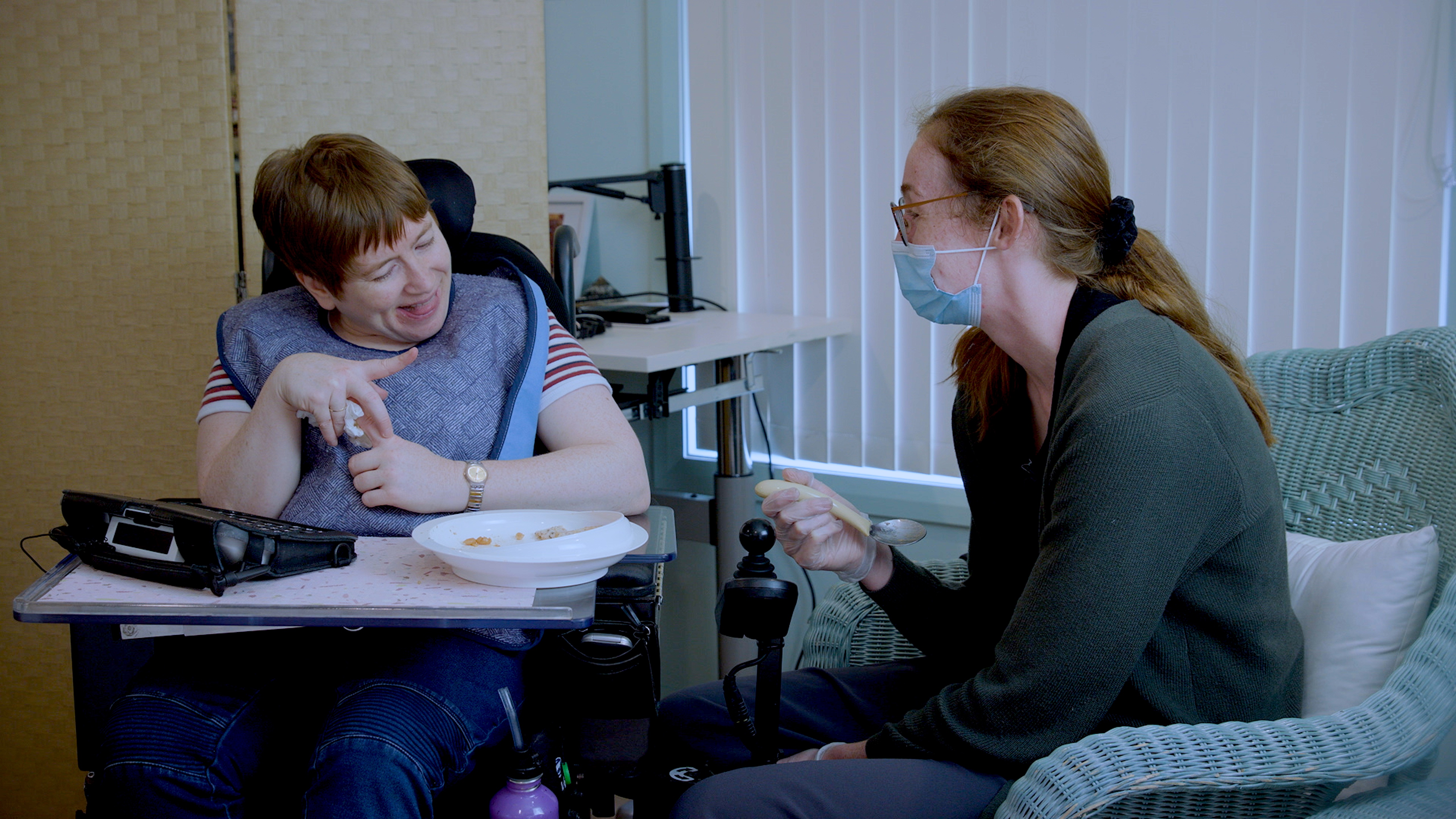The following content will be covered during the course:
5G Evolution:
- Mobile generations: mobile generation definition; 3GPP role in standards development
- 5G Development process: why 5G standardisation has been different; 3GPP, ITU, Industry Groups: 5G PPP
- 5G Performance targets: IMT 2020 targets; comparison with 4G
- 5G Deployments and trials: international trials and rollouts; Australian 5G market projections.
5G Use Cases and Applications:
- 5G Use cases: enhanced mobile broadband; massive IoT, ultra-reliable low latency
- Communication services: large ad hoc crowds; disaster services; consumer broadband
- Automotive: automated vehicles; traffic management and road safety; vehicle maintenance
- Industrial: smart grids, massive sensor networks.
5G Context – Co-existing Technologies:
- LTE Advanced Pro: release 13 overview- mechanisms to increase capacity; Australian trials and spectrum
- License Assisted Access (LAA): using public frequency bands for mobile services
- Network virtualisation: Software Defined Networking (SDN) and Network Functions Virtualisation (NFV); definition, scope and use cases.
5G New Radio (NR) Interface and Network Architecture:
- 5G Spectrum: 5G spectrum requirements; sub 6 GHz, mmWave bands; spectrum auctions
- 5G NR (New Radio) standards: release 15 5G New Radio (NR) overview
- 5G Architecture overview: standalone, non-standalone modes; 5G network slicing support; 5G service based architecture
- 5G Security: 5G security issues and challenges.














